What was it Meat Loaf sang about Two out of Three Ain’t Bad?
Well, that’s certainly an appropriate description of how Scotland has responded to hosting the Commonwealth Games during the last 52 years.
The first, staged in Edinburgh, in 1970, developed into a triumph for the organisers; an occasion where the sun shone brightly, local heroes responded to performing in front of vociferous, passionately partisan crowds with a series of memorable displays and there wasn’t a dry eye in the house during the evocative opening ceremony.
How could it be otherwise, given the myriad fairy tales which occurred in just a few days? There was the epic exploits from Ian Stewart, the Tough of the Track with a backstory straight from a Boy’s Own adventure, who zoomed to a European record and world’s season-best time to win the 5,000m title.
More than half a century later, this remains one of the greatest races in history with one of the strongest fields ever assembled in the chronicles and there’s still something wonderfully compelling about how Stewart dominated the then-world record holder Ron Clarke, Olympic 1,500m champion Kip Keino and his fellow Scot, Ian McCafferty, who looked on his knees before launching a magnificent late salvo to claim the silver.
There were rich rewards at Meadowbank
Another Stewart, the wonderfully-titled Lachie, also provided heroics when he surged to gold in the 10,000m and was subsequently draped in the Saltire….and it seemed that wherever you looked, there were heart-warming tales being enacted in front of us.
No wonder the whole of Scotland rejoiced as the Games unfolded. No wonder officials, dignitaries and athletes alike believed their country had demonstrated it was capable of rising to the occasion and staging all manner of elite competitions in the future.
Yet, when the event returned to the same city just 16 years later, it was like Dr Jekyll had turned to Mr Hyde with a vengeance, as nearly everything that could go wrong did go wrong after politics and controversial personalities were thrown into a chaotic blender, which spewed out negative headlines like an explosion in a confetti factory.
Sometimes, it’s best just to draw a veil over these affairs. But it would have taken more than a few tablecloths to erase the memory of an unwanted interloper in Edinburgh.
A major bloc of African nations, infuriated by what they regarded as the Thatcher government’s cosy relationship with apartheid South Africa, boycotted the Games, myriad local traders ended up out of pocket and the proceedings were hijacked by bombastic billionaire Robert Maxwell, who was chauffeured round Edinburgh as if it was his own personal fiefdom, as the prelude to his claim he had saved the Games.
Even most of the favoured Scottish athletics contenders struggled to live up to expectations, although Dundee’s Liz Lynch transcended the botch-ups and bampottery going on elsewhere with a majestic run to claim gold in the 10,000m.
It was left to Liz to chase glory
She told me: “It was probably one of my greatest-ever moments to be in front of a full stadium and everyone shouting your name. There was a lot of pressure on me as it was the last opportunity of a gold medal for Scotland in track and field.
“I remember being in the hall of residences and Tom McKean ran the 800m and didn’t win, then Yvonne Murray didn’t win and both had been favourites to gain the gold.
“As I left to go to the track, the team manager turned and said to me: ‘Liz, you are our last hope’, which was the last thing that I needed to hear.
“But it was amazing being Scottish and running in these Edinburgh Games. The support was electrifying and they were all willing you on.
“I was very confident of winning and felt really strong throughout my 25 laps, but every lap that passed, you could sense the spectators realising this might be the gold and it got louder and louder as the race went on.
“I knew from 1,000m out I had won, so I had two and a half laps of soaking up the atmosphere. It never felt the same in any other championship in which I competed – that feeling of everyone in the stadium wanting you to win.”
Sadly, that was as good as it got at Meadowbank and while there were medals for other Caledonian representatives elsewhere, the lack of numbers in some events meant a few participants merely needed to turn up to finish on the podium. Even now, Maxwell’s ghost haunts the show which would have closed after the first night on Broadway.
As one of his colleagues later recalled: “He ordered a banquet for 14 people from Edinburgh’s top Chinese restaurant and it was a slap-up meal.
“There was plenty of Dom Perignon, plenty of food, plenty of everything. Except other people. When he said ‘Tuck in’, I asked if we shouldn’t wait for the other guests to arrive. But it turned out there weren’t any – there was enough food for another 12 people and he just got stuck in, sometimes with his fingers.
“There was curry sauce dripping down his shirt front when he went off to bed.”
It was a lingering, malodorous image of a Games which stunk out the joint.
The Games returned to Scotland in 2014
Unsurprisingly, there was a lengthy period before the event came back to Scotland, but thankfully, there were no major glitches when they were held in Glasgow in 2014.
If you needed class, it was there in a stellar cast at the opening ceremony which featured the likes of Amy Macdonald, Rod Stewart, Susan Boyle and Nicola Benedetti as well as a message from the International Space Station.
The festivities began with a countdown and a recorded video message from Scottish actor Ewan McGregor, explaining the partnership between the Games and Unicef and, in the next 24 hours, a packed programme of action was in full fling at a variety of venues.
And, of course, there was charisma a-plenty from the fastest man the world has ever seen, Usain Bolt, who turned up with his Jamaican relay teammates and produced a typically coruscating run to help his country not only claim gold in the 4x100m, but also shatter the existing Commonwealth Games record in the process.
There was immediate glory for Inverurie’s swimming maestro Hannah Miley, who exorcised her 2012 Olympic demons with a lung-busting and triumphant performance in the 400m IM disciple and the sheer joy on her face at the end was priceless.
A few miles away, the track cycling events were organised at the newly-constructed Sir Chris Hoy Velodrome in Glasgow’s East End, whilst the mountain bike competitions utilised the purpose built Cathkin Braes Mountain Bike Trails.
And once again, there were plenty of reasons to be cheerful for the home contingent with para-track golds from Neil Fachie and a silver for Aileen McGlynn, both of whom will be striving to add fresh honours to their CVs in Birmingham later this week.
The magnitude of the Games has increased dramatically since the Edinburgh Commonwealth summit in 1970. At that stage, many of the organisers and volunteers could never have envisaged the fashion in which the event would spiral in terms of participants and events, while attracting multi-million-pound sponsorship deals.
Yet while the spirit of fun and camaraderie went missing in Captain Bob’s back pocket during the 1986 fiasco, Scotland can feel proud of how it has contributed to this communal meeting of athletes from all over the globe.
And we should be celebrating lots more silverware in the coming 10 days!
More like this:
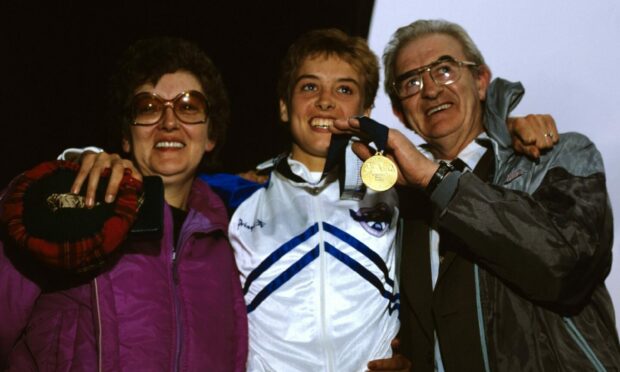
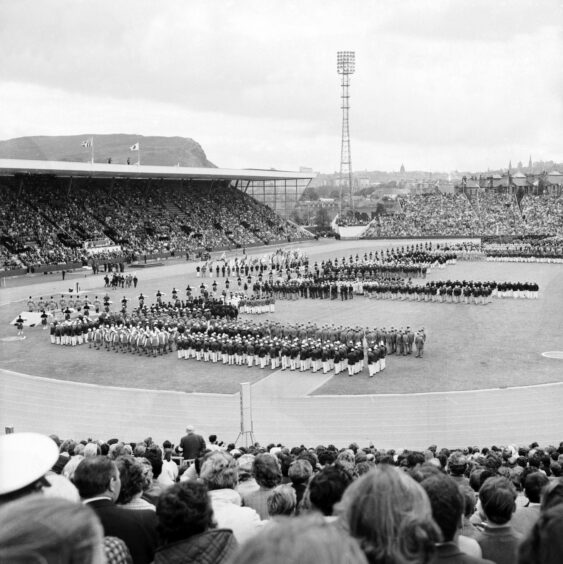
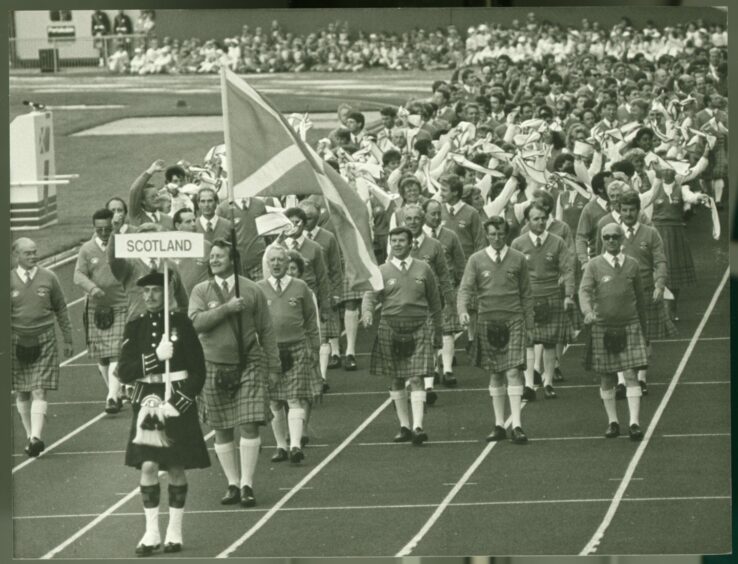
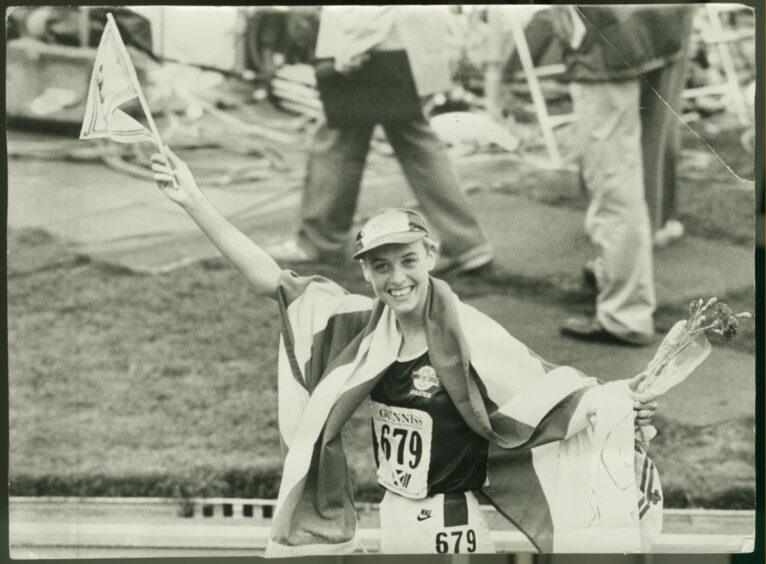
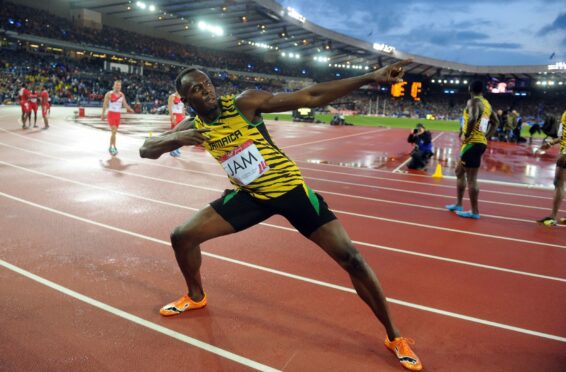
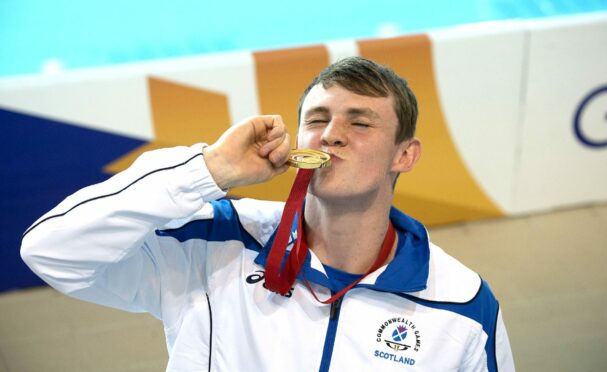
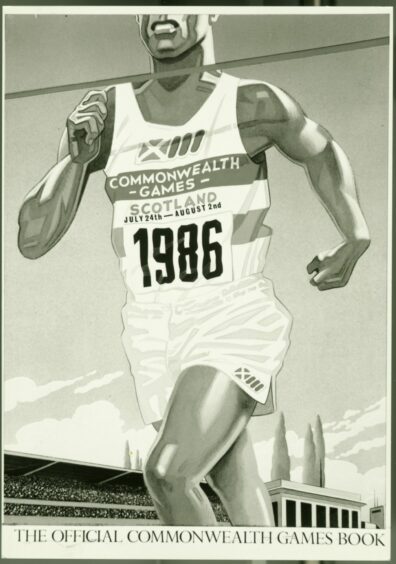
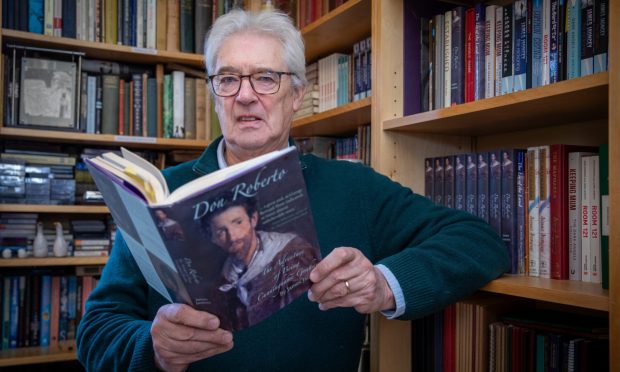
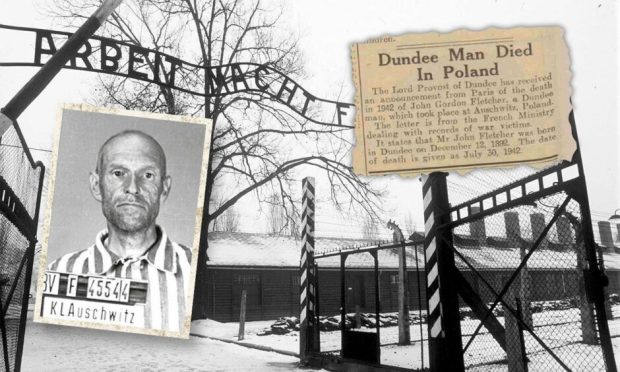
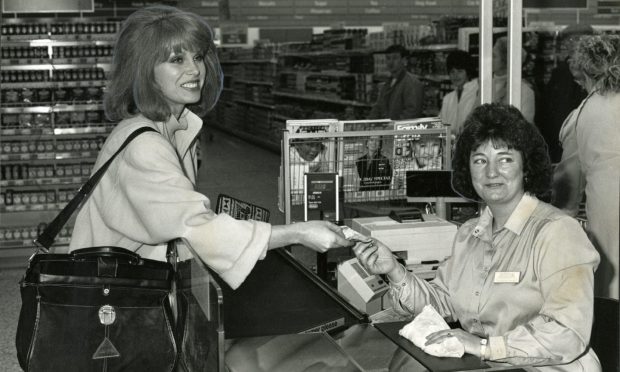
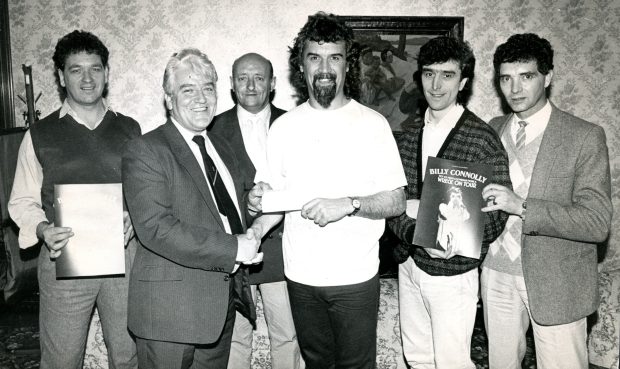
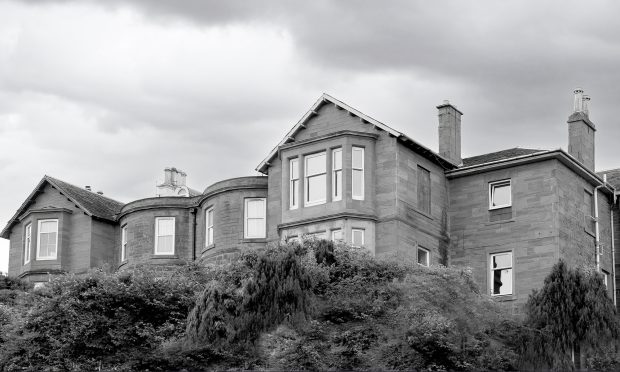
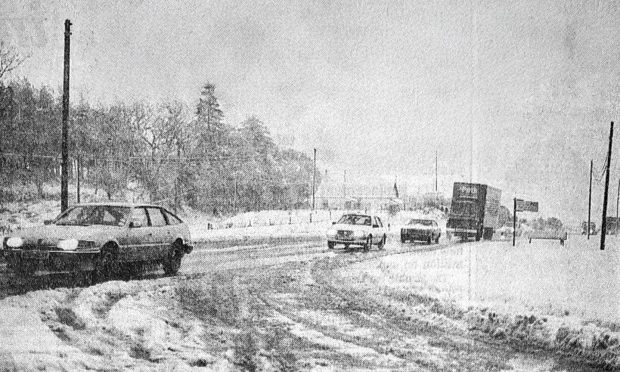


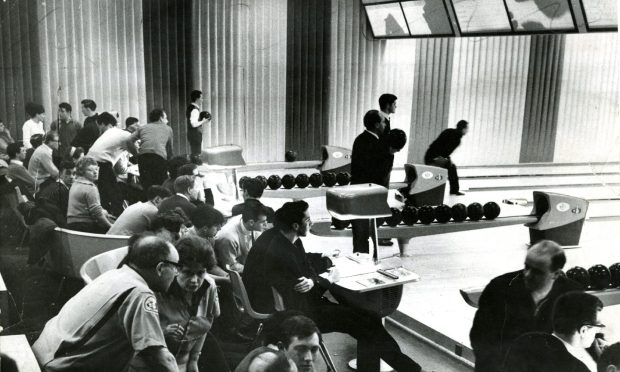
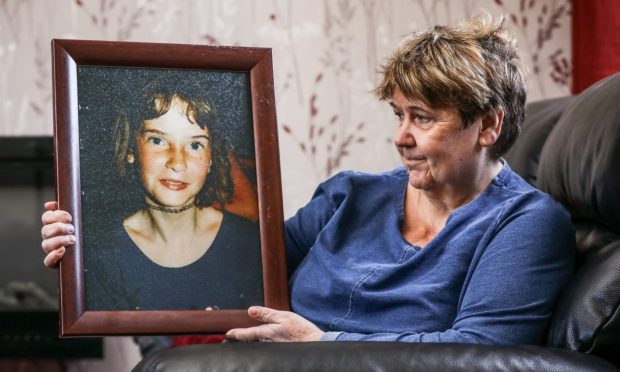
Conversation